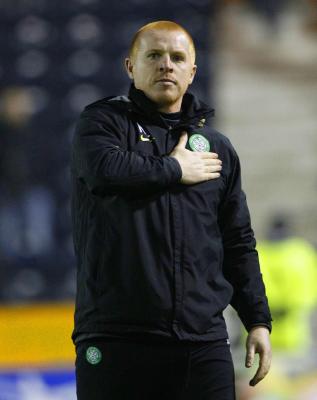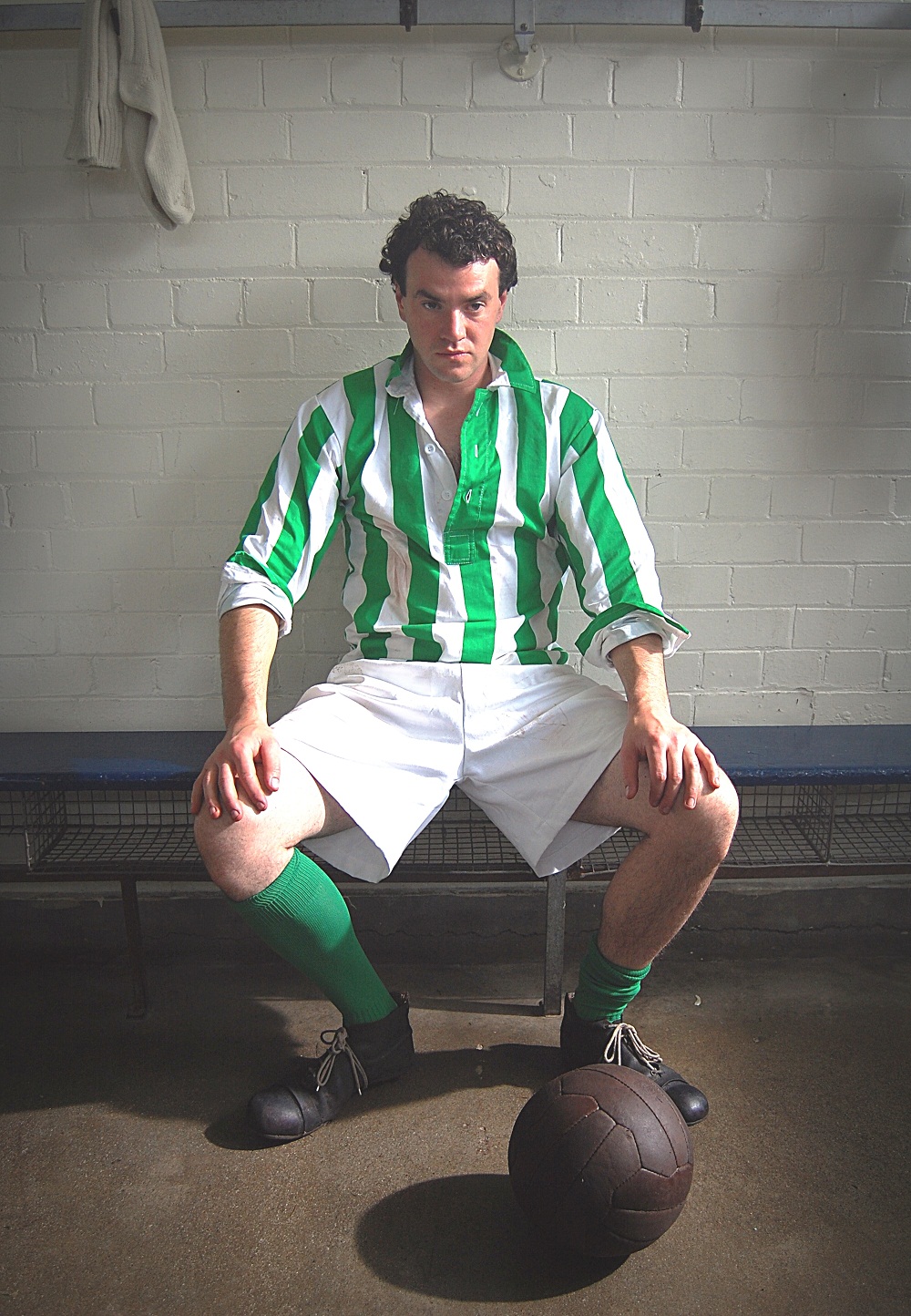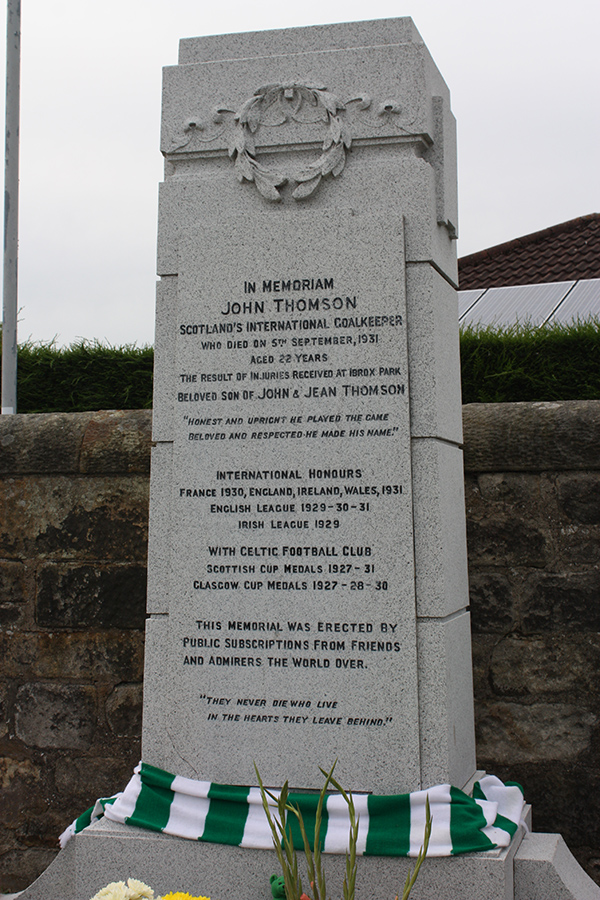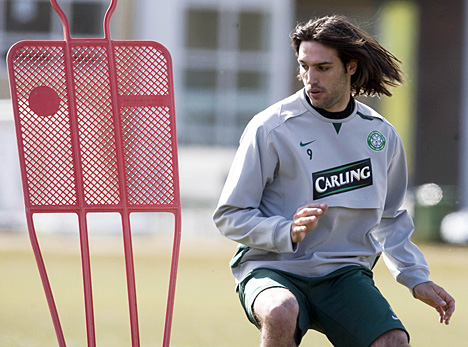Lennon 100 Not Out: Ride On
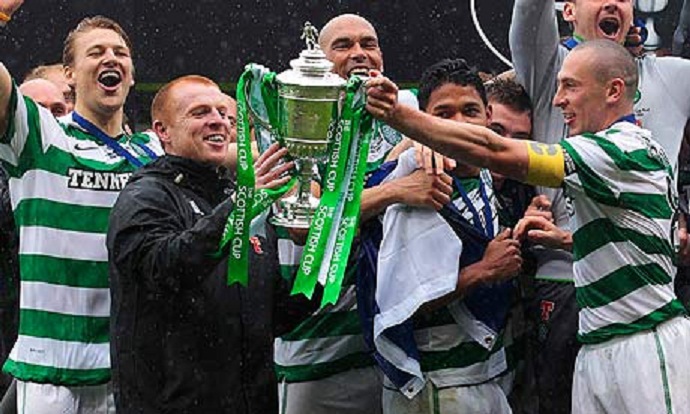
When I left Hampden after we were stung by Ross County I felt dejected and empty. It was the last chance to salvage some pride from a disastrous season and yet the cloud of the Mowbray ‘reign’ had lingered even after he had gone, did our problems lie deeper? Could a new manager, anyone, turn the club around? Retreating to the car we switched on the radio and listened as the vultures picked over the carcass. Neil Lennon gave his post-match interview, speaking passionately and eloquently. When asked if he envisaged a clear-out of personnel at the club he said, “I would imagine so. I would be recommending it to the board. This season has been nowhere near good enough. That’s why Tony lost his job – the players we thought would be good enough ultimately were not. If I’m not here, I’m pretty certain that some of them won’t be either.” By the time Neil Lennon had finished his interview I wanted him to be our manager even more than before we were humiliated, he had pitched himself as a revolutionary. I of course had misgivings about his lack of experience but ultimately knew that if he was ever going to be a success he needed full backing from the support in a way we hadn’t got behind a manager since Martin O’Neill.
Eventually appointed as manager on a full time basis, Lennon was true to his word. Summer 2010 was the busiest transfer window at the club since the concept was introduced. Twenty-four players on the club’s books left between June and August in a mixture of contracts expiring, loan deals and full transfers. The departures, a number of whom first picks in previous seasons (chiefly Aiden McGeady, Marc-Antoine Fortuné, Stephen McManus & Artur Boruc), funded the arrival of eleven new players signed with the intention to wrestle back control of Scottish football from Rangers. Initially the policy seemed to be signing experienced professionals who had plied their trade at the top level in England. It wasn’t paper tosh either, Lennon admitted recently when working as a pundit on Sky Sports that it was a policy he had pursued as he felt there was no winning mentality at Celtic at the time to push us on to a title bid. Ultimately Celtic were unsuccessful in attracting the likes of Jimmy Bullard, Sol Campbell and David James to the club. They slipped into the twilight of their careers without much fanfare, their form seemingly disappearing with them. What came in their place was young, hungry footballers looking to make a name for themselves in British football.
Initially life was sweet for Neil Lennon and this new look Celtic despite early exits from both European competitions. The team stormed their way to eight league victories in a row, extending the winning run from the last eight league games of the previous season to sixteen. Rangers came to town in October on a similar winning run and ran over us in the second half. Despite a scandalous refereeing decision which saw a penalty given to Rangers, Lennon conceded in a post-match interview that “our mentality to see the game out was poor from players that should know better“. This wasn’t the first refereeing scandal of the season and it wouldn’t be the last as Celtic Football Club went to war with the SFA. This defeat kick started a period of the 2010-11 season in which the Celtic team were unsure of themselves. Bad results, mostly draws, in the drudgery of Autumn & Winter conditions saw us fall behind Rangers until the new year.
It’s forgotten outwith the Celtic support that no-one felt the effects of Celtic’s spat with the SFA more than Neil Lennon himself. After a defeat to Hearts at Tynecastle which saw more unarguable decisions go against Celtic, Lennon implied that the referee’s integrity as an impartial referee might be in question. Exploiting the media furore, the referees voted to down tools and follow through with strike action to highlight their ‘plight’ as honourable men in black. Despite referees receiving criticism from a number of managers and commentators throughout this whole period, Lennon was portrayed as an angry and unstable villain trying to bully the authorities into giving Celtic the upper hand as they fell behind in the title race. The truth of the matter was that Lennon said less about the situation than almost anyone else connected to Scottish football at the time. Helpfully though, footage and photos of Lennon letting his emotions get the better of him at Tynecastle were reproduced multiple times to remind everyone who’s fault it was. The mainstream media ignited a fire that burned fierce within a section of society which hated Lennon for who he is, an Irishman with a Catholic background living and working in Scotland.
On the pitch Lennon stopped the wheels falling off the season early with the inspired selection of Georgios Samaras in a 2-0 victory at Ibrox. It sparked a Celtic revival and the good times largely returned. The team were playing some wonderful stuff and the arrival of a rampant Kris Commons revitalised the side and saw them regain the early season form so lauded within the support and beyond. There were three memorable performances against Rangers within a month. Along with Commons, some of those young and hungry players Lennon signed in the Summer were impressing, particularly Beram Kayal, Emilio Izaguirre and Gary Hooper. It seemed nothing could stop us. It was Rangers themselves who burst our bubble with a defiant victory against us at Hampden in the League Cup final. A reminder that when it comes to the blue team in Govan, you can never write them off. Lessons were not learned, mistakes were made and despite leading the title race for the majority of the remainder of the season we crumbled in Inverness. It allowed the advantage to return to Rangers. They had been keeping pace with us for months, to their credit they had been digging out result after result despite playing poorly. It seemed a formality that on the last day of the season they would conquer Scottish football again and so it was. However, no-one inside Celtic park seemed to care the day as we saw our dreams of Lennon holding aloft the SPL trophy vanish within ten minutes.
The fans had forged a bond with Neil Lennon over the previous ten or eleven years that ran deeper than winning trophies and being successful on the pitch. This was strengthened to an almost unprecedented level when our manager began putting his personal safety at risk just to coach and pick eleven players to play what is supposed to be a game. Parcel bombs, death threats, men attacking him on the pitch. Lennon and Ally McCoist, then assistant manager to Walter Smith, squared up to each other in an episode of handbags at the end of a Scottish Cup victory over Rangers in March. This again after the refereeing farce was an opportunity for the mainstream media to become repulsive and wallow in their self-indulgent moral superiority. Lennon was the villain again, an unchecked tabloid press able to whip up a frenzy where none really existed. The end products were disgusting actions designed to intimidate a variety of notable Celtic supporting individuals including Lennon. No-one would’ve blamed Lennon if he had walked away. He fought to the bitter end of the season and received a hair raising and slightly surreal semi-religious adoration within Celtic Park, an experience and atmosphere I have never felt before and one I am unlikely to ever feel again. Something inside so strong. He went on to lift a Scottish Cup a week later in front of a jubilant crowd at Hampden which saw good times ahead with a man they saw themselves in. We were all Neil Lennon.
And we still are. Where the team is now is a culmination of all these events. The mistakes in Inverness. The slips against Rangers. The determination of Lennon to stick by the club and the club likewise sticking by Lennon. The players running to defend the manager after he was attacked at Tynecastle. Celtic are in a position to deliver one of the sweetest title victories of all time. It is overdue. Despite what is going on behind the scenes in Govan this is about us and it always has been. At one point this season we were fifteen points behind, without last season this team and its manager would not have recovered. Rallying from three nil down at Rugby Park was defining of Neil Lennon’s Celtic as it stands today. More so than the slump at Inverness and League Cup Final in 2011. This season has seen an incredible amount of matches won by us by only one goal. We are a machine designed to get ourselves ahead and stay there no matter what. On Saturday versus Inverness Joe Ledley and Scott Brown were living, breathing proof that Neil Lennon is stamped all over this team. They ran everything down and made sure the team continued its fine winning streak. Georgios Samaras continues to repay the faith Lennon showed in him. When he ran after the seemingly dead ball going out for a throw in he was doing it for Lennon and by proxy, for us. Gary Hooper seems to work harder every week. The club had done the correct thing in attracting young, untainted and talented to footballers to the club. The club has the right man to mould them into playing for the cause.
The relationship between the fans and Lennon was stretched to breaking point earlier in the season, but despite all the message board and online grumbling, the fans were phenomenal in that second half versus Kilmarnock. It’s a marriage this thing between Lennon and us. Tumultuous at times but strong and enduring. Our fears, our insecurities of his team remain and they will not go away until he can deliver a title. Perhaps time is running out on that one, divorce would certainly be on the cards should it not come to pass soon. Before the huffing and puffing either way in May there is one thing I know for sure. One hundred games down the line it is a Celtic team that I’ve enjoyed following possibly more than any other. It gets my blood pumping and my passion rising to places it hasn’t been before, even under O’Neill. This is because of one man and one man only. Ride on.

